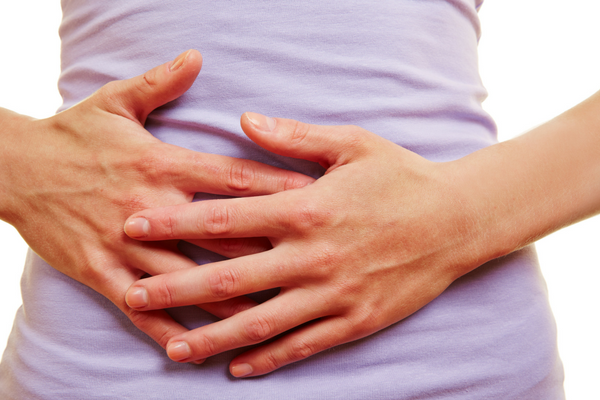Small intestinal bacterial overgrowth (SIBO) is a great example of why it is important to know your gut. We can often make excuses for slight changes in our digestive function—bloating, irregular bowl movements or fluctuations in appetite. But if these continue long term, there can be serious health consequences.
Image credit: Canva
What does SIBO mean?
Small intestinal bacterial overgrowth occurs when bacteria, usually found in the colon (also known as the large intestine or bowel), move into the small intestine and proliferate in large numbers.
Research into the gut bacteria, or the gut micro-biome, has uncovered the great influence that these micro-organisms have on the health of our mind and body. Knowing what healthy digestion is, is crucial to knowing what isn’t normal, as listed in the symptoms below.
What are the symptoms of SIBO?
Common symptoms include:
- Abdominal bloating and distension
- Abdominal pain
- Excess gas
- Constipation
- Diarrohea
In advanced cases:
- Loss of appetite
- Nausea
- Weight loss
- Vitamin and mineral deficiencies
As you can see, these symptoms are similar to irritable bowel syndrome and other gut conditions. I will discuss the diagnosis of SIBO and the connection to other conditions and diseases later in part 3 of this series.
You can sign up for our monthly Nourishment e-newsletter to make sure you receive all parts of this series.
The consequences of SIBO
I want you to think of SIBO as an invasion of hungry bacteria into a banquet hall of delicious food.
After all, the main function of the small intestine is to digest food and absorb nutrients into the body. In a healthy gut, the semi-digested is food received from the stomach. It is then broken down further, and the resulting nutrients are absorbed at various sites along the small intestine.
The small intestine is approximately six metres long and has three distinct parts, the duodenum which connects to the stomach. This is followed by the jejenum and the ileum. The ileum has the role of passing undigested food into the colon.
Even though the small intestine is less than 10 metres long, it has a surface area of a tennis court. The surface of the small intestine has finger like folds with fibres attached to assist in the absorption of nutrients.
Now, imagine the hungry foreign bacteria in the small intestine. Who is going to win the battle for the food—the bacteria or you?
Now, imagine the hungry foreign bacteria in the small intestine. Who is going to win the battle for the food—the bacteria or you?
How do the bacteria cause these symptoms?
It is normal for the gut to contain bacteria, but remember the type and function of the bacteria usually found in the small intestine differ to those from the colon. The invasion of bacteria from the colon cause the following symptoms:
- When bacteria digest food they produce gas, which leads to bloating, distension and flatulence.
- During the bacteria’s fermentation of the food they produce toxins and substances that are irritating to the linking of the small intestine and bowel. This leads to more water entering the bowel, which produces diarrohea.
- Bacteria also produce methane. And there is some evidence that methane causes constipation.
- Continual irritation of the small intestinal lining flattens the finger like projections, meaning less efficient absorption of nutrients, similar to what happens in coeliac disease in reaction to gluten.
- Large numbers of invaded bacteria compete for nutrients with the host (us) leading to malnutrition and weight loss.
As you can read, there are serious consequences to not knowing the cause of poor gut function. SIBO is one of many conditions that impact on our digestive health. In part 2 of this series I explore the causes of the gut bacteria overgrow.
Make sure you receive all parts to this series, join our Nourishment e-newsletter community.
If you are experiencing any of the above listed symptoms, then please have a check up with your doctor.
Want up to date and practical information. Register for Nourishment here.
